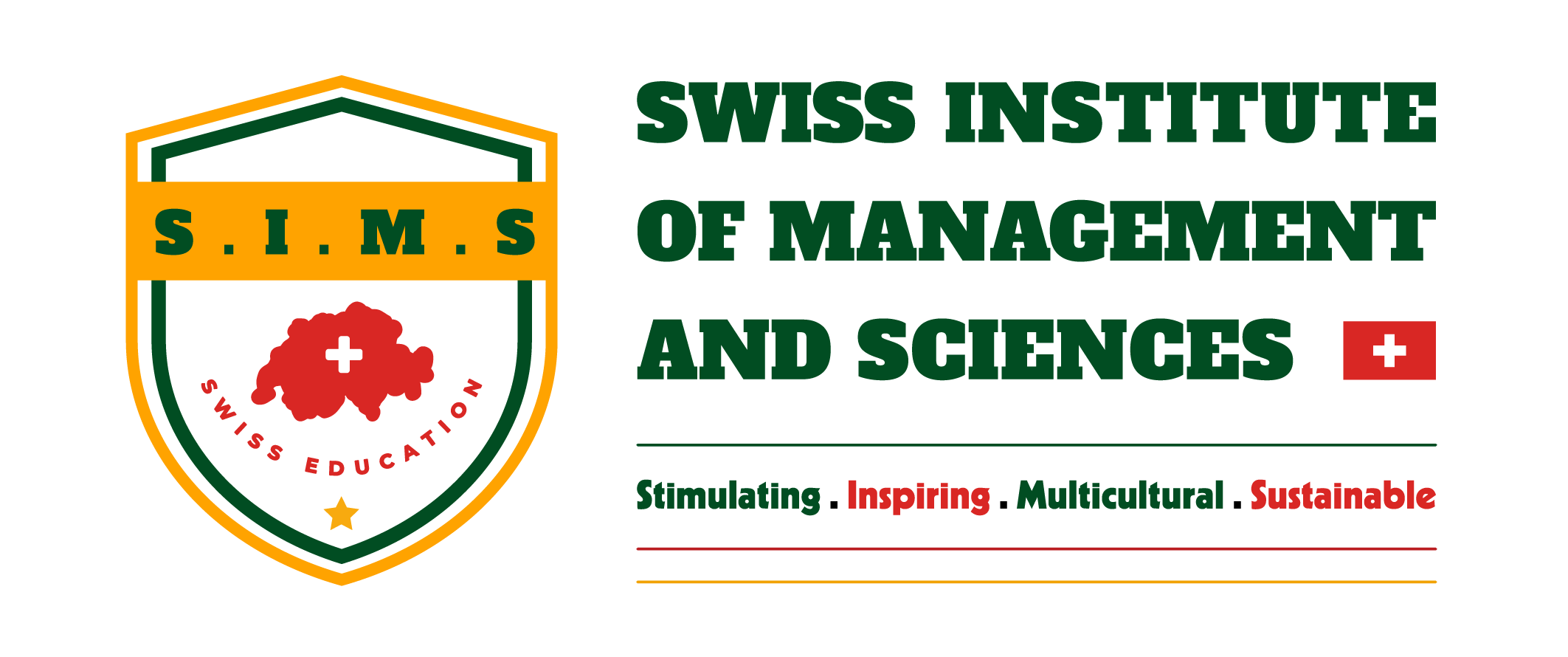Elevating Excellence: The Swiss Education System’s Emphasis on Quality Over Ranking
In the realm of global education, the Swiss approach stands as a testament to prioritizing substance over superficial accolades. Unlike many educational systems fixated on rankings, Switzerland's commitment lies in maintaining a standard of quality that transcends mere numbers. Quality Assurance: A Pillar of Swiss Education Switzerland's education system, renowned for its excellence, is not driven by the relentless pursuit of ranking supremacy. Instead, it places a premium on the quality of education imparted to students. The emphasis is on cultivating a learning environment that fosters critical thinking, innovation, and practical skills
Online Learning Will Destroy Traditional Learning?
Following the COVID pandemic, online learning is becoming increasingly popular. The benefits of online learning in education are apparent, but can it replace traditional classroom learning? It is simple to obtain information about the benefits of online learning, such as cost savings, time flexibility, the elimination of geographical location barriers, and visa application materials for studying abroad. Why do most people still continue to study abroad full-time and believe that it is the best option for undergraduate and master's degrees? What benefits does the traditional form of learning really bring
Deciphering the Approach of Hybrid Learning
Hybrid Learning Hybrid learning amalgamates traditional face-to-face instruction with remote or distance learning methods, including experiential learning and remote course delivery. The primary goal is to strike an optimal balance of learning strategies, efficiently delivering content while catering to the diverse learning needs of students. Importantly, supplementary learning strategies are intended to complement traditional in-person instruction rather than replace it. For instance, in a two-day weekly class, a hybrid learning instructor might allocate one day for a practical laboratory assignment or an online task while dedicating the other to an in-person
Comparing an EdD and a PhD in Education
Ph.D. or EdD? Aspiring education leaders encounter this as one of the initial choices when examining possibilities for advanced degrees. Never before has the discipline experienced a greater demand for leaders. Educators presently encounter a multitude of challenges, including but not limited to the integration of novel educational methodologies and technologies, the resolution of diversity and other social concerns, and the management of expanding demands for remote learning. Prior to pursuing an EdD or PhD, prospective students must examine the distinctions between the two in order to ascertain which track
Switzerland – One of the top global education systems
Education is a systematic process of acquiring knowledge, skills, values, and attitudes to develop an individual's potential and prepare them for meaningful social participation. It is a lifelong journey that involves formal and informal learning experiences. Education encompasses a wide range of activities and methods, and it can take place in various settings, including schools, universities, workplaces, and beyond. The following values of education explain how the Swiss Education system is one of the top global education systems. A few key principles characterize Swiss education philosophy, a well-regarded education system: Vocational Education Switzerland
Elevating Education through Accreditation
In the ever-evolving landscape of global education, institutions grapple with the challenges posed by rankings and varying standards. The Swiss Institute of Management and Sciences (SIMS SWISS) has chosen a unique path, placing a steadfast emphasis on education accreditation. In a world saturated with a myriad of university rankings, SIMS SWISS distinguishes itself by aligning with Switzerland's renowned "no ranking culture." Unlike institutions caught in the race for a spot on global lists, SIMS SWISS believes in cultivating an environment that values quality education over competitive ranking. Switzerland's educational philosophy, known for
British Eagles – Exclusive Partnership in the Middle East and North Africa
[Zug, October 6, 2023] – The Swiss Institute of Management and Sciences (SIMS) is proud to announce a groundbreaking collaboration with British Eagles, establishing the institution as the exclusive partner in delivering top-tier educational opportunities across the Middle East and North Africa (MENA) region.Details:In a strategic move to elevate the standard of education in MENA, SIMS has joined forces with British Eagles, a renowned institution with a steadfast commitment to academic excellence and global education.Key Points:Exclusive Educational Partnership: SIMS has selected British Eagles as its exclusive partner, entrusting the institution
What distinguishes Swiss education?
Tourism and Hospitality, Finance and Banking are the most well-known aspects of Swiss education in social prejudices ago Few people realize that Switzerland's education has been recognized by experts as one of the leading education systems in the world, with transparency, adaptability, and innovation at the forefront at recently. Discipline and Innovation Some Swiss universities, such as SIMS, offer project-based learning to students, allowing them to live and learn in different countries each year. This school exemplifies Switzerland's pioneering spirit by providing expats with an alternative and unique learning style that values students'
The Importance of Intercultural Communication in the Globalized Business World
Multinational enterprises are businesses that expand their operations across borders and interact with diverse employees, clients, and partners from various cultural backgrounds. Effective intercultural communication is critical in fostering understanding, collaboration, and success. So, Intercultural communication has grown increasingly important in today's globalized society, particularly in the corporate context.The Flat Education is a "borderless connection between various educational systems throughout the world, forming a fulcrum and a bridge to provide the most stable foundation for students to interact, learn from, and grow from each other"- SIMS SWISS, which supports students in
General Information About the Legal of Swiss Education
In Switzerland, the primary responsibility for education is vested in 26 cantons, who engage in national-level coordination to facilitate their efforts. In the realm of post-compulsory education, both the cantons and the federal government assume distinct roles and share the collective duty of overseeing various educational tiers. The process of Swiss nation-building transpired through a gradual amalgamation of autonomous cantons into a confederation. According to Rosenmund (2011), the Swiss cantons assert a significant level of sovereignty, particularly in the realm of education. The formation of Switzerland as a federal state












